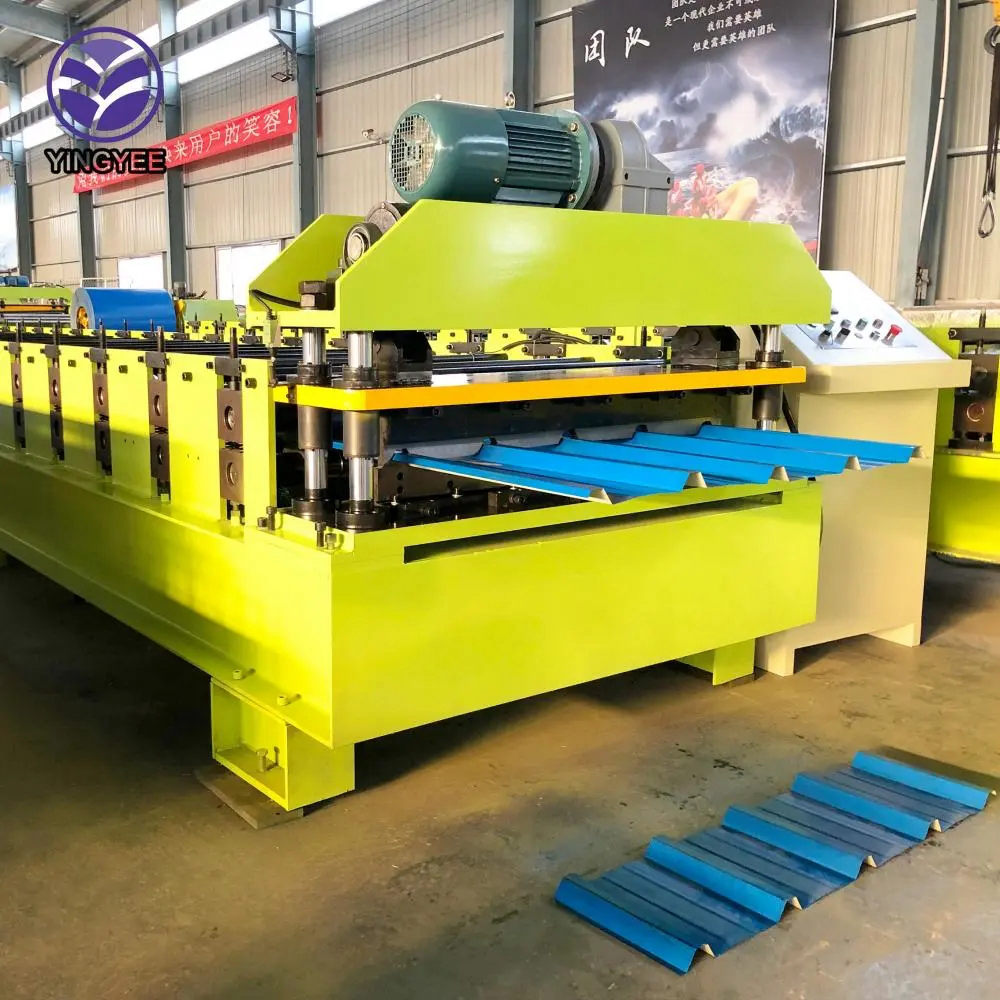
The Nut and Bolt Thread Rolling Machine An Essential Tool for Fastener Production
In the manufacturing industry, the demand for high-quality fasteners, such as nuts and bolts, is continuously growing. One critical piece of equipment that plays a pivotal role in the production of these essential components is the nut and bolt thread rolling machine. This innovative machinery not only enhances production efficiency but also promotes precision and strength in the fasteners produced.
Understanding Thread Rolling
Thread rolling is a cold forming process used to create helical threads on cylindrical rods. This method is highly favored in the production of nuts and bolts due to the superior mechanical properties it imparts on the threaded components. Unlike traditional cutting methods, which can weaken the material, rolling compacts the metal fibers and increases tensile strength. The result is a robust product with a smoother surface finish that also supports better performance in application.
The Mechanics of Thread Rolling Machines
A nut and bolt thread rolling machine operates by using two or more rotating dies that shape the workpiece as it passes through them. The dies are precision-engineered to the specific thread profile required. During the rolling process, the workpiece is held firmly between the dies, which apply immense pressure, allowing the threads to be formed efficiently without removing any material.
These machines come in various configurations, such as flat die machines and planetary rolling machines, each tailored to specific production needs. Flat die machines are suitable for producing standard thread sizes, while planetary rolling machines can manufacture more complex and varied thread forms with high precision.

Advantages of Thread Rolling Machines
One of the primary advantages of using thread rolling machines is their ability to produce large quantities of threaded fasteners quickly and efficiently. This high throughput is crucial in meeting the ever-increasing demands of industries ranging from automotive to construction.
Moreover, the cold forming process used in thread rolling enhances the physical properties of the finished threads, leading to fasteners that are not only stronger but also more resistant to wear and corrosion. The smoother finish achieved through thread rolling also contributes to better assembly and performance in real-world applications.
Maintenance and Best Practices
To ensure the longevity and efficiency of nut and bolt thread rolling machines, regular maintenance is essential. This includes checking the alignment of the dies, lubricating moving parts, and monitoring for any signs of wear. Proper operator training is also crucial, as a skilled operator can significantly reduce the likelihood of errors during the production process.
Conclusion
In conclusion, the nut and bolt thread rolling machine is an indispensable tool in the fastener manufacturing industry. Its ability to produce high-strength, precision-engineered threaded fasteners efficiently makes it a favored option among manufacturers. As technology evolves, advancements in thread rolling machinery promise even greater efficiency and quality, ensuring that the industry can meet the demands of a rapidly changing market. Emphasizing maintenance and operator training will help maximize the benefits of these machines, solidifying their role as essential components in modern manufacturing processes.